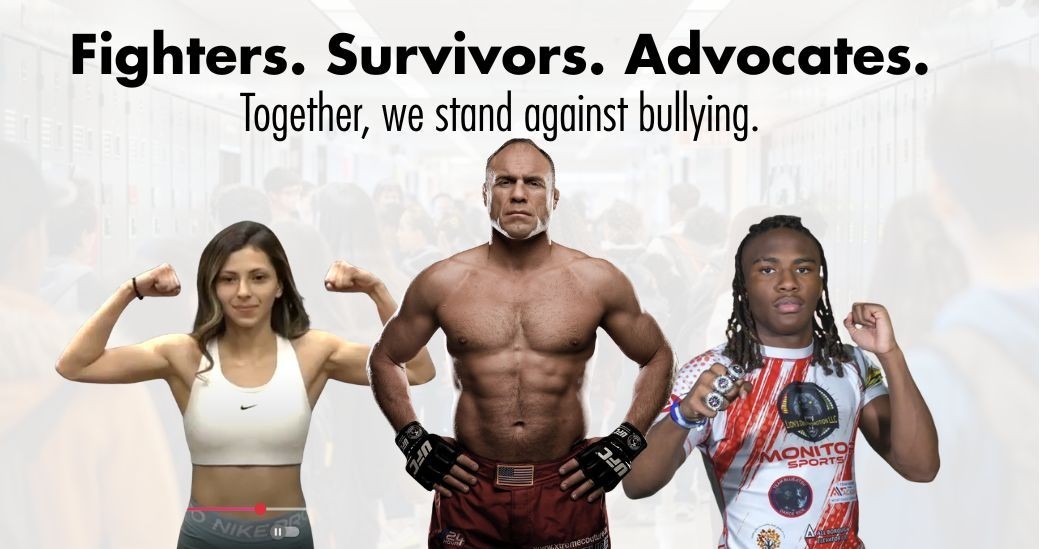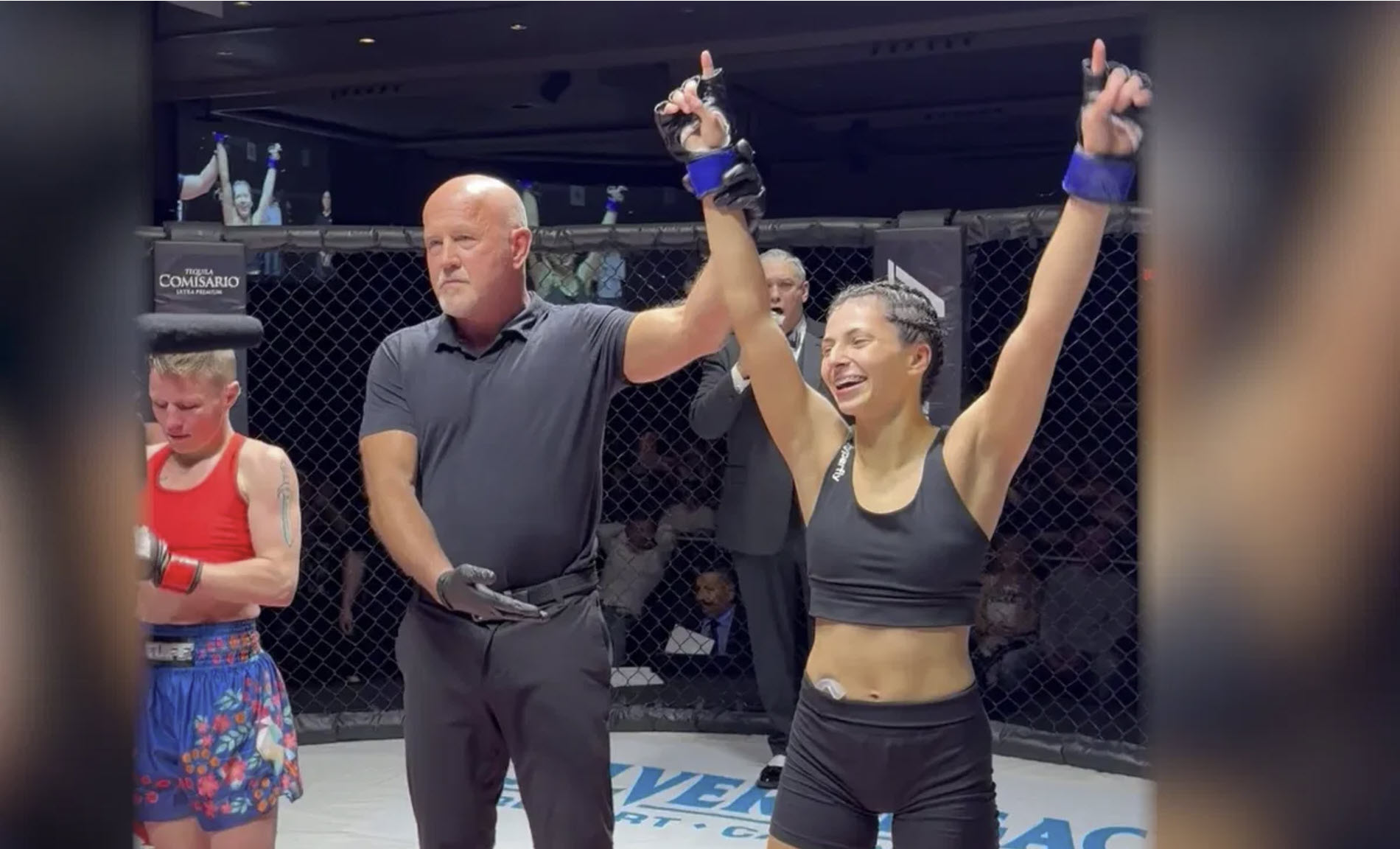Fighting Back: How MMA Helped Trey Anderson Rise Above Bullying

Most people wouldn’t picture a national champion martial artist as a target for bullying. But Ronald “Trey” Anderson III, now an 18-year-old college freshman studying cybersecurity, proves that even the strongest among us can face cruel attacks—and rise above them.
Trey began martial arts at just six years old and quickly found success. He’s now a 4-time youth national MMA champion and a 5-time ISKA karate world champion. But his accomplishments didn’t shield him from bullying—they may have even made him a bigger target.
“It started in kindergarten,” Trey recalls. “In this area, it’s about half a percent Black.” Trey frequently faced discrimination due to his race while growing up in La Vernia, Texas. By middle school, his success in the ring brought even more attention—not all of it positive.
“There were scuffles in school and on the bus. The school called parents, but they tended to blame me, he said. The harassment escalated in a shocking way during an online gaming session. A kid started threatening me on Call of Duty. Said he was going to burn me on a cross and hack my parents’ accounts.” Fortunately, a friend was also online and recorded the threats. What followed was a fight at school, and, thanks to Texas’ David’s Law—which allows schools to address online bullying—the harasser was suspended. Still, Trey had to change schools to find peace.
Martial arts played a crucial role in helping Trey through it all. “It was definitely an escape but also helped me project confidence. If you know you can keep yourself safe, you don’t come off as a target.”
Jim Nightingale, director of the U.S. Senior Mixed Martial Arts Team, says, “Trey is an awesome young man. It would have been easy for him to come away from this with a lot of damaging baggage, but he didn’t.”
Now in college and continuing to train, Trey is focused on building a future—and standing firmly against bullying. “I hate bullies,” he says simply.
His story is a reminder that bullying can affect anyone—and that strength, resilience, and support can turn trauma into triumph.





